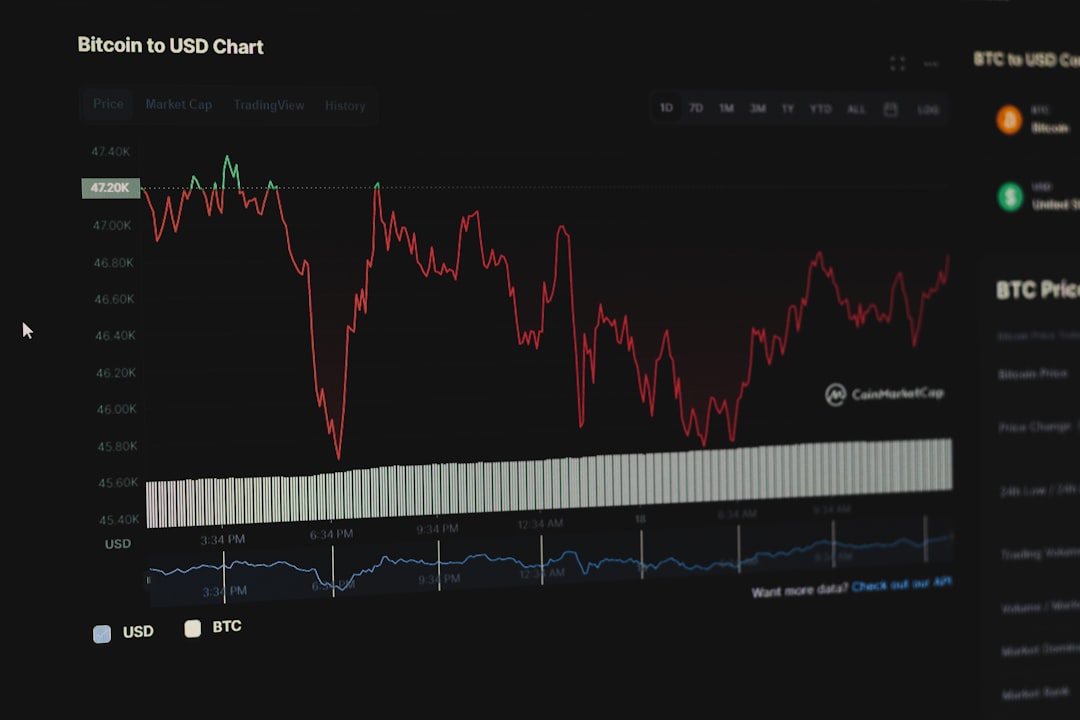Sports betting can be both an entertaining pastime and a potential money-making endeavor — but only when approached with discipline and research. For bettors who want to move beyond gut feelings and hunches, learning how to research and analyze sports betting odds effectively is crucial. This involves understanding the fundamentals of odds, identifying value, comparing bookmakers, and using statistics to inform decisions.
Understanding the Basics of Odds
Betting odds reflect the probability of a certain outcome, and they come in several formats: decimal, fractional, and moneyline. Regardless of the format, the key is to understand what the odds imply about the likelihood of an event and how they relate to potential payouts.
For example, decimal odds of 2.00 suggest a 50% implied probability (1 divided by 2.00). If your analysis shows the actual chance is higher than 50%, the bet could have value.
Collecting Reliable Data
Effective betting starts with quality information. Punters should rely on reputable sources for statistics, such as official league websites, sports analytics platforms, and bookmaker feeds. Some recommended data points include:
- Team/player form and injury status
- Head-to-head performance
- Home and away records
- Weather conditions for outdoor sports
Gathering this data enables bettors to make informed decisions instead of guesses.

Comparing Odds Across Bookmakers
One of the simplest yet most effective strategies is odds comparison. Different bookmakers may offer varying odds on the same event, creating opportunities to identify the best possible return.
Using online odds comparison websites, bettors can track changes and sharpen their ability to detect potential value. Even small differences in odds can have significant implications over time, especially for consistent bettors.
Identifying Value Bets
A value bet occurs when the odds offered are higher than the true probability of the outcome. To find value, bettors must calculate their own odds based on research, then compare them to the bookmaker’s.
For instance, if your analysis suggests a team has a 60% chance of winning, but the bookmaker’s odds imply only a 50% chance, that may represent a value opportunity.
Using Advanced Statistical Models
For those with an analytical mindset, developing or using existing statistical models can enhance betting precision. Techniques may include regression analysis, machine learning, or Monte Carlo simulations.
These models process large datasets to predict outcomes more accurately than intuition alone. While building models can be complex, many communities offer tools, spreadsheets, and public data to get started.

Staying Disciplined with a Bankroll Strategy
A key aspect often overlooked in odds analysis is bankroll management. Bettors need to be realistic about their win rate and establish limits to reduce emotional decisions.
Popular strategies include:
- Flat Betting: Wager the same amount each time.
- Kelly Criterion: Adjust bet size based on perceived edge.
- Unit System: Bet a fraction (e.g., 1–5%) of your bankroll per wager.
These strategies, combined with smart odds analysis, can make a long-term difference in profitability.
FAQs: Researching and Analyzing Betting Odds
- What are betting odds, exactly?
Betting odds represent the probability of specific outcomes and determine how much you can win on a wager. - How do I compare odds across sportsbooks?
Use online comparison tools or manually review multiple bookmakers. Look for discrepancies that may indicate better value. - Is statistical analysis necessary for betting success?
While not mandatory, statistical analysis significantly increases your chances of identifying value and making profitable bets. - Can you guarantee winning bets through analysis?
No analysis can guarantee outcomes. Sports are inherently unpredictable, but sound research increases your edge. - What common mistakes should new bettors avoid?
Relying too much on emotion, ignoring bankroll management, and failing to shop for better odds are major pitfalls.
In conclusion, success in sports betting comes down to preparation. By dedicating time to research and odds evaluation, bettors can better navigate the unpredictable world of sports and make educated, financially-sound decisions. Patience and discipline are as important as analytical prowess when it comes to betting smart.
